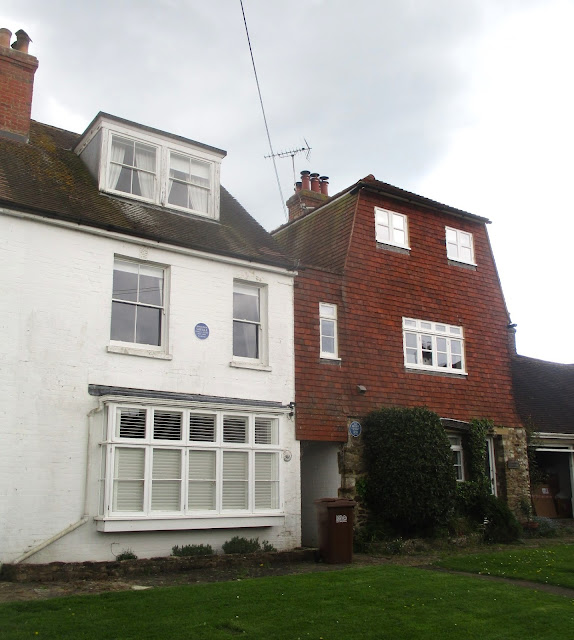Augustus Carp gives his latest bulletin on councillors who have changed party. Individually, these moves may be insignificant, but the overall totals do show which way the tide is running.It’s odd the things that political journalists think important, isn’t it? On Saturday evening a somewhat obscure Suffolk MP crosses the floor, and it’s headline news. Meanwhile, nearly 100 councillors have defected since the New Year, and it barely gets a mention in their local paper.
Obviously, the actions of a former health minister have more immediate impact than those of a sometime chair of the highways and byways subcommittee on Slagthorpe Borough Council, but the cumulative effect of numerous small-scale defections might, on balance, be rather more significant.
So far this year there have been net defections of 49 Conservative councillors, 42 Labour, 1 Lib Dem, 5 Greens and 2 Nationalists. The balancing figure is a net increase of 99 'Independents', broadly defined.
There are only 12 examples of councillors defecting directly from one political party to another - five prefiguring Dan Poulter MP and moving from Conservative to Labour, four from Conservative to Lib Dem, one from Lib Dem to Labour and one each from the Conservatives and Labour to the Greens.
My thesis is a simple one: a councillor defecting from a political party means that they will be less likely to vote - and, more importantly, to work - for that party at a general election. Their families and friends might withdraw from the fray as well, and their local knowledge of their ward will be lost to the party they formerly represented.
Does it matter? Well, that depends on how important you think leafleting, canvassing and sitting outside polling stations might be for a parliamentary election. A winning team in a close contest needs to expend thousands of volunteer hours, a process which is very difficult to organise, manage and motivate.
Perhaps that’s why some bright young things would rather try to maximise support and get voters to the polling stations via social media alone, but personally I still think a bit of physical effort is required.
The well-reported mass defections of Labour councillors have continued this year, notably the 10 in Pendle. This action has been replicated on a smaller scale elsewhere, with some Labour defectors expressing dissatisfaction with the party’s position on Gaza and other, undefined, 'leadership issues'.
As a consequence, several new, ostensibly 'Independent' groups have been established in some authorities by ex-Labour councillors. Meanwhile, Reform, the People’s Party and Alba have all attracted new converts, but they remain scarce.
The local election results on Thursday and Friday will no doubt overshadow Mr Poulter’s resignation, and all of those tallied above, but it might not be long before pressures, personalities and politics create fissures in the newly elected council groups.
Augustus Carp is the pen name of someone who has been a member of the Liberal Party and then the Liberal Democrats since 1976.


























